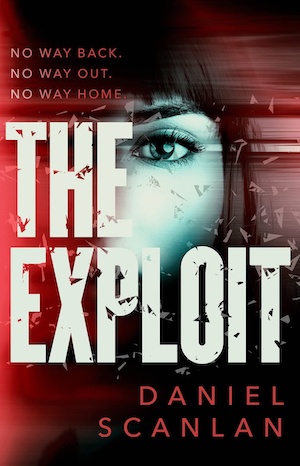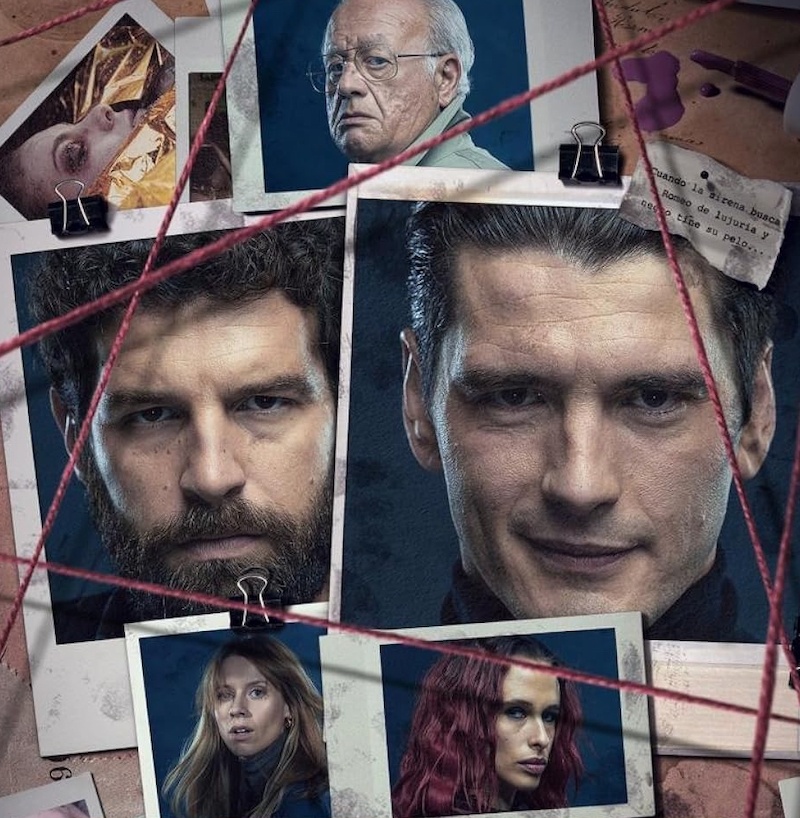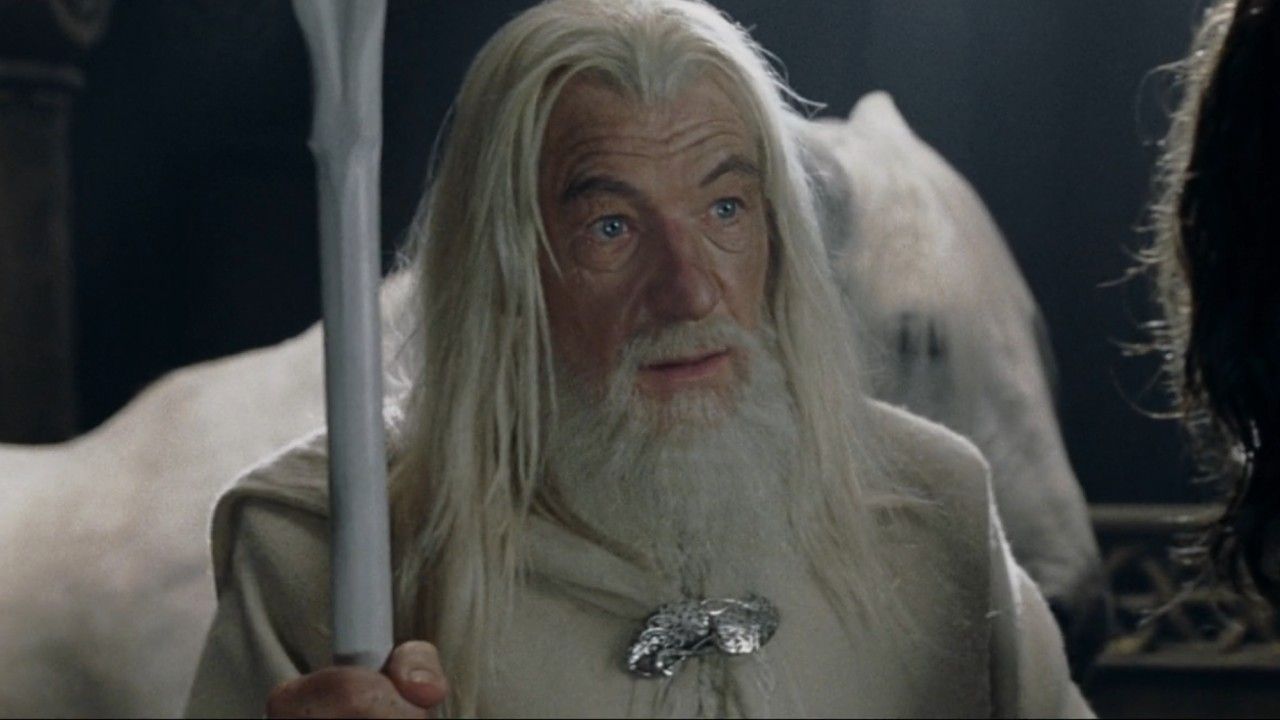In 1967, the Supreme Court invented a new legal principle called qualified immunity that limited the public’s right to sue certain government employees. Seemingly designed to protect government officials from frivolous lawsuits, in practice, it mostly shields the police from being sued for misconduct, even if they’ve violated someone’s constitutional rights. In effect, it makes it perfectly legal for the police to infringe on citizens’ rights.
How did we get to the point where the people who are sworn to protect the law do not have to follow it? In her book, Shielded: How the Police Became Untouchable, UCLA law professor Joanna Schwartz deftly explains the complicated web of laws and policies that exist in the United States for the sole purpose of protecting the police. In the process, she shines a light on every aspect of the justice system, from the federal jury system, which is disproportionately white and middle class, to Supreme Court decisions that make little sense in the context of everyday life.
After studying police accountability for decades, Schwartz’s expertise in criminal justice law shines in Shielded. The book is part research and part history, and it’s filled with important case law, most of which the average person won’t have heard of. These important courtroom precedents determine how the police are allowed to engage with the public, such as whether or not police need a warrant to search you when you’re minding your business walking down the street. (They don’t.) But this is no legalese-filled academic treatise. It’s incredibly engaging because Schwartz smoothly weaves the human story into each case she explains. After all, there is a real person behind every story of police misconduct. Someone was brutalized or their rights were ignored, and this book explains exactly how the police were allowed to get away with it.
Although these laws have been in place for decades, Schwartz doesn’t believe that they are unstoppable or that police misconduct will continue to go unpunished indefinitely. In addition to dissecting the problem, she also offers ideas for solutions, such as educating the public on the failures of criminal justice law and requiring the police to pay a portion of civil settlements. Shielded is a meaningful, well-researched and readable work that will open many discussions about this important social issue.






